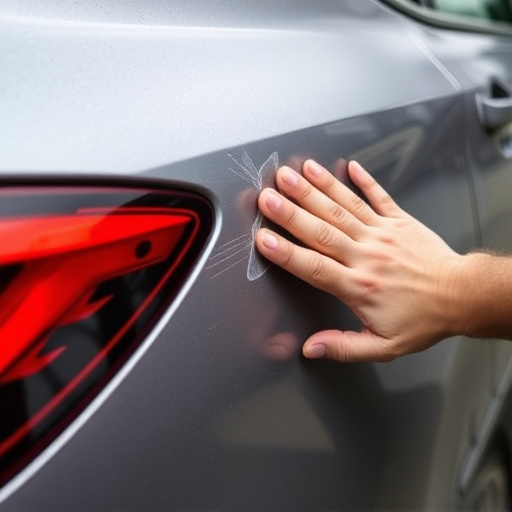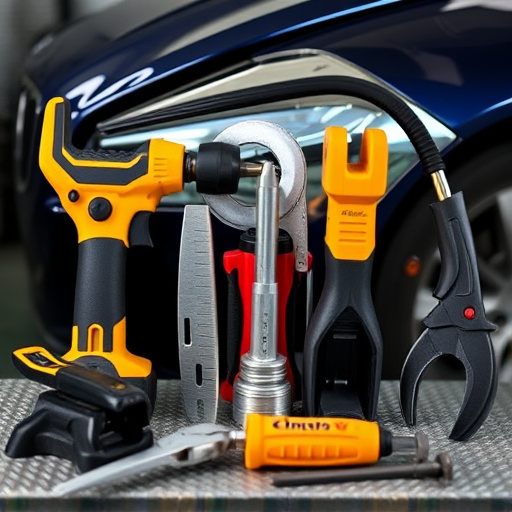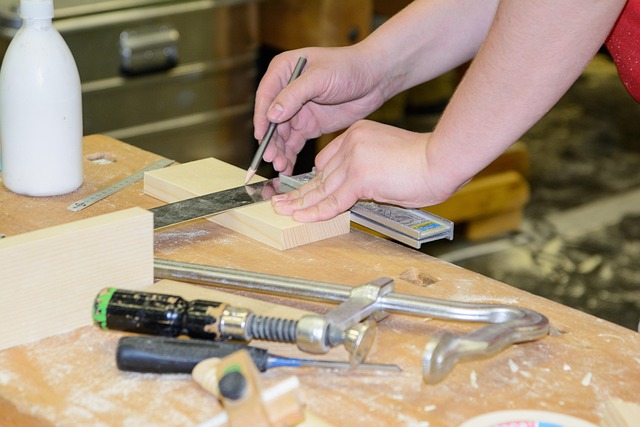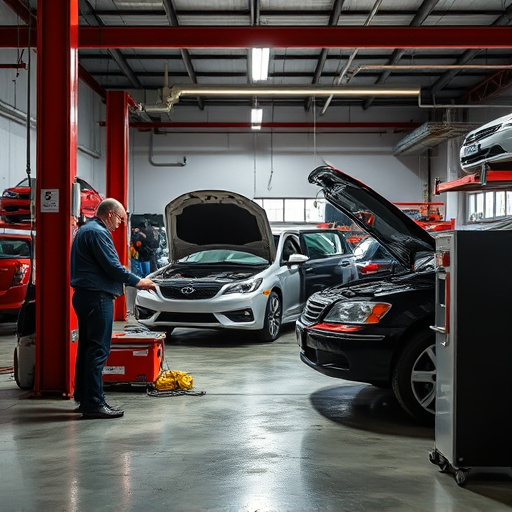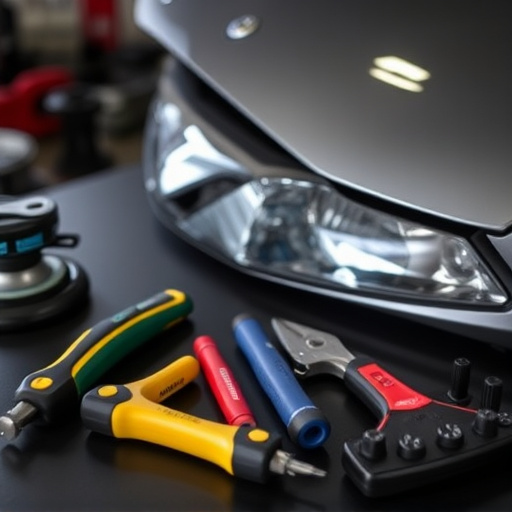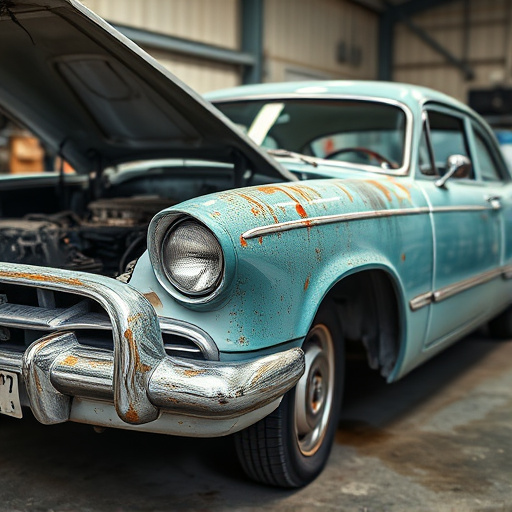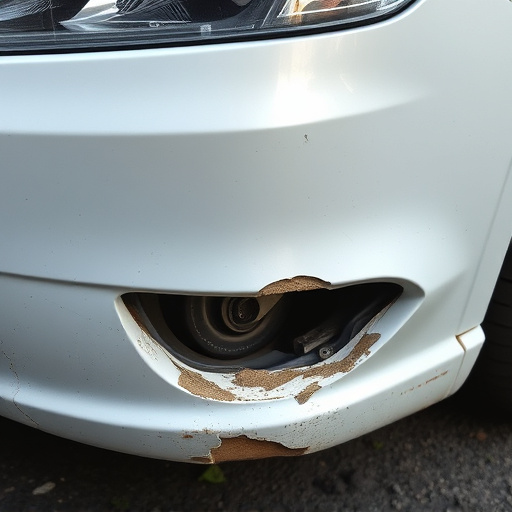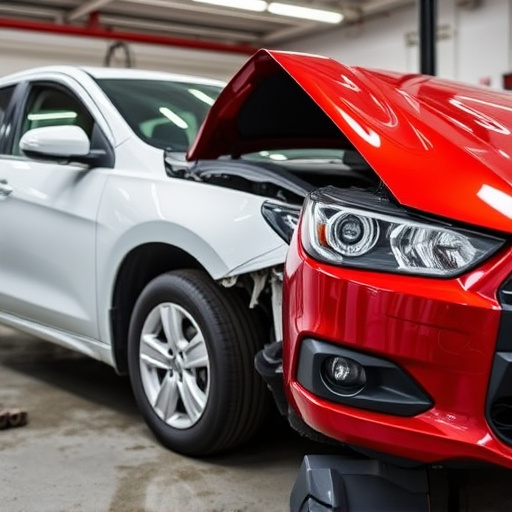High repair craftsmanship quality is crucial for car body shops to manage liability claims, protect vehicle values, and build customer trust. It ensures durability, water resistance, and longevity of repairs, reducing future issues and fostering long-term customer loyalty. Prioritizing this quality strengthens a shop's market position, enhances reputation, and mitigates legal exposure.
In today’s competitive market, ensuring repair craftsmanship quality is paramount for manufacturers and service providers. This article explores how meticulous repair work supports warranty validity, mitigates liability claims, and fosters customer trust. We delve into the crucial role of skilled artisans in evaluating and enhancing the longevity of products, ultimately strengthening brand reputation. By focusing on repair craftsmanship quality, businesses can navigate complex legal scenarios and deliver exceptional customer experiences.
- The Role of Craftsmanship in Warranty Validity
- Evaluating Repair Quality for Liability Claims
- Enhancing Trust Through Skilled Repairs
The Role of Craftsmanship in Warranty Validity
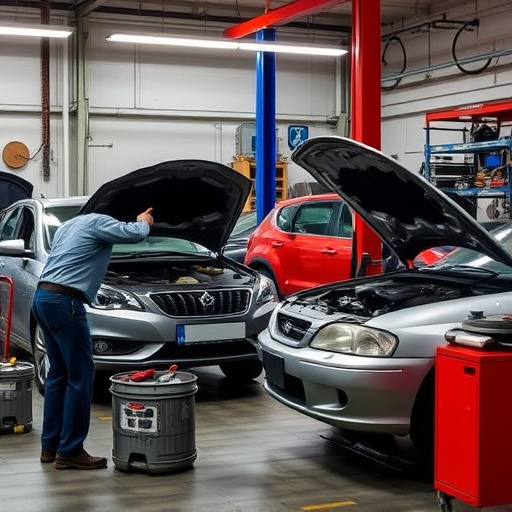
The quality of repair craftsmanship plays a pivotal role in determining the validity and scope of warranty claims. When a vehicle undergoes repair or maintenance, it is essential that the work is executed with the utmost precision and adherence to industry standards. This is not just about ensuring the car functions correctly; it’s also about preserving the value and integrity of the asset. A well-executed repair, characterized by meticulous craftsmanship, reinforces the warranty’s promise of protection against defects or malfunctions arising from the repair process itself.
In the context of automotive repair services or vehicle collision repair, a skilled technician’s expertise can make all the difference in the long run. The precision and care employed during repairs directly impact the likelihood of future issues related to the treated area. For instance, if a car body shop conducts a top-tier paint job, it not only restores the vehicle’s aesthetic appeal but also guarantees that the repair is durable, water-resistant, and resistant to chipping or fading—all factors that contribute to upholding the warranty. Thus, prioritizing repair craftsmanship quality isn’t just about customer satisfaction; it’s also a strategic move to mitigate potential liability claims and safeguard the interests of both the repair shop and the client.
Evaluating Repair Quality for Liability Claims
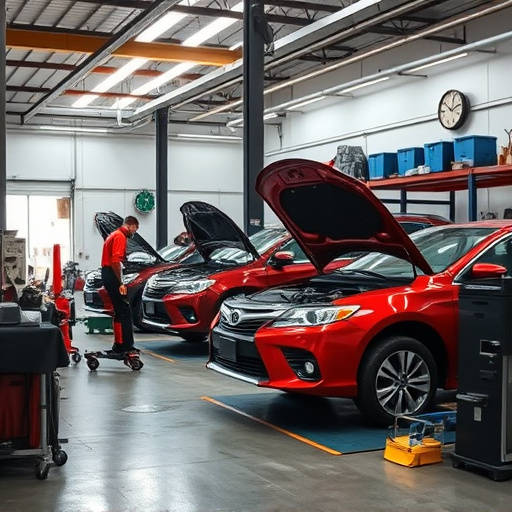
Evaluating the quality of repair craftsmanship is a critical aspect when assessing liability claims in car body shops. The meticulousness and precision employed during repairs directly impact the overall integrity of the vehicle’s structure and its performance. When a customer brings their vehicle in for scratch repair or dent repair, they expect the shop to not only address the visible damage but also ensure that no underlying issues are introduced or exacerbated.
Reputable car body shops invest heavily in training their technicians to uphold high standards of repair craftsmanship quality. This includes using advanced tools and techniques, following manufacturer guidelines, and conducting thorough inspections before and after repairs. By adhering to these practices, the shop can effectively defend against liability claims, demonstrating that they have taken every reasonable step to ensure customer satisfaction and vehicle safety.
Enhancing Trust Through Skilled Repairs

When it comes to repairing vehicles, skilled craftsmanship is not just about fixing damage; it’s a powerful tool for building and enhancing trust between repair shops and their customers. In an industry where reputation can make or break a business, high-quality repairs send a clear message: we take pride in our work. This assurance becomes even more critical when considering warranty and liability claims. Customers who see the meticulous attention to detail in vehicle dent repair, auto maintenance, and vehicle restoration processes are more likely to trust that their vehicles are in capable hands.
This trust translates into long-term loyalty and positive word-of-mouth recommendations. Moreover, skilled repairs reduce the likelihood of future issues, minimizing the need for additional claims. By prioritizing repair craftsmanship quality, businesses can foster a reputation for reliability and integrity, creating a win-win scenario where customers feel valued, and the workshop enjoys enhanced market position and reduced legal exposure in case of warranty or liability disputes.
Repairing products with exceptional craftsmanship quality not only ensures customer satisfaction but also serves as a robust defense for warranty validity and liability claims. By adhering to strict standards, repair shops can foster trust and build their reputation. This, in turn, encourages repeat business and strengthens relationships with manufacturers and clients alike, ultimately contributing to a thriving and reliable marketplace. Repair craftsmanship quality is thus a key differentiator, promoting both fair practices and long-lasting product performance.
